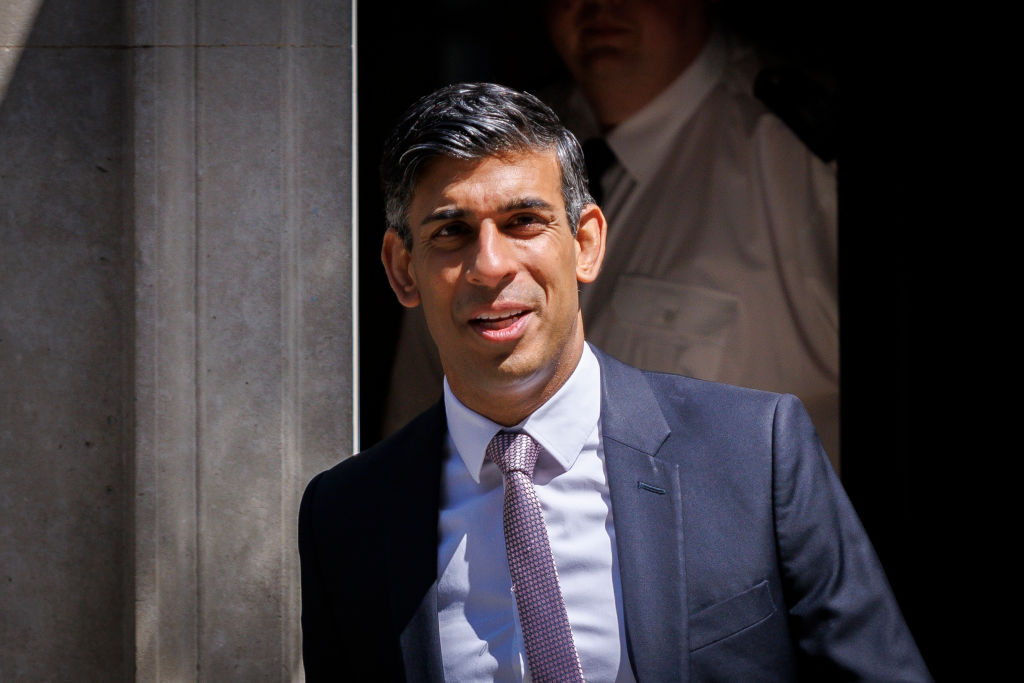Let’s be honest, even after Brexit we’re still adding more red tape

For more than a decade, Conservative Prime Ministers have promised to scrap bureaucracy and red tape and yet even after Brexit they’ve done exactly the opposite, writes Matthew Lesh
In 2011, David Cameron launched a ‘Red Tape Challenge’ and declared the need to “free businesses to compete and create jobs”. In 2021, pretty much exactly a decade later, Boris Johnson said the “time is now” to start working with businesses to deregulate the British economy. Last summer, Rishi Sunak pledged to scrap or reform “all of the EU law, red tape and bureaucracy” before the next election.
Despite all this rhetoric, the piles of legislation, regulation and guidance only seem to grow. Since just 2017, the regulatory burden on businesses has increased by an astonishing £22bn – and that’s just according to official government estimates that tend to viciously underestimate the actual regulatory costs.
Meanwhile, regulators seem incapable of making decisions in a timely manner. Sam Dumitriu of Britain Remade has calculated that the time it takes for a decision on a major project grew from 17 months to 22 months between just 2012 and 2022. Perhaps that’s because the required paperwork is, frankly, extraordinary. The Jubilee Line extension, which began in 1993, called for a 400 page environmental assessment – Sizewell C required 44,000 pages.
That’s not all. Despite the rhetoric about regulatory reduction, the government is marching in the opposite direction. From the football regulator, renters’ reform, and gambling regulation to building standards, online safety, and AI the government’s default response to every question appears to be more regulation.
This is perhaps not difficult to understand – there’s always an impetus to ‘do something’ and safety is an admirable goal. The issue is that each piece of regulation imposes costs and often has unintended consequences. Governments often like to regulate because, unlike taxes that people directly pay, regulation costs are dispersed and thus relatively hidden. Indeed, incumbent businesses often support regulation, as the costs impose barriers to entry on potential competitors. But have no doubt, these costs add up, with each piece of additional regulation adding the cumulative burden on businesses and individuals.
Employment regulations, like minimum wages and working time limits, are meant to help workers; but they also increase operating costs and reduce working hours and wages. Planning rules are meant to ensure orderly development; yet have delivered a housing crisis, political strife, and a major infrastructure shortage. New environmental standards and clean-up mandates for water companies, recently passed through Parliament, are set to impose billions in additional costs on water bills. The upcoming ban on supermarket buy-one-get-one-free offers could cost households £634 a year and will only reduce calorie consumption by one grape a day.
Regulation also has broader impacts. It damages economic growth by stifling our productivity and, accordingly, household incomes. We make our businesses less competitive and reduce their ability to innovate. This particularly hurts lower income households, who tend to consume highly regulated products in greater quantities. Last year, the Institute of Economic Affairs calculated that an average family with two children could save £9,000 a year by cutting red tape across housing, childcare, and energy.
The goal of regulation should be to achieve a stated objective – be it environmental protection or product safety – at the minimal possible cost for society. Unfortunately, the length and complexity of the rules have actively harmed this goal. It will take an entirely new, focused approach to repair the damage.